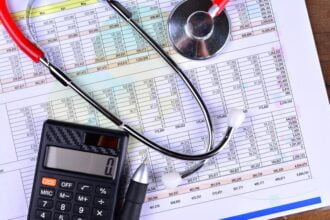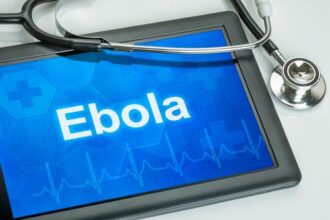The spine has many important functions in the human body. The most important of these are protecting the spinal nerves and cord, maintaining proper posture, and absorbing shock. As a result, you have to make spinal health a priority.
Back injuries can have a significant impact on daily functioning, the most serious of which can result in problems with walking, breathing, awareness and feeling. Extreme cases can cause muscle weakness or even paralysis.
Dealing with the Risks of Spinal Injuries
There are many potential causes of spinal injuries. Spinal injury most often occurs because of a sudden blow, twist or other external factor such as congenital disease.
In the majority of cases, damage to the spine occurs during sporting events, traffic accidents, work accidents and strenuous physical activity. Unfortunately, back injuries are not easy to treat, especially if the nerves along the spine are damaged. Therefore, legal compensation for such injuries can reach well into millions of dollars.
What is the process of treating a spine injury?
Due to the structure and functions of the spine, medical care is often very scrupulous from the beginning. It is clearly visible during actions of rescue services. For example, victims of traffic accidents can sometimes be seen wearing neck braces that limit the movements of the head and upper spine.
After transport to the hospital, life-saving treatment is performed first. Only after the patient’s condition is stabilized, can rehabilitation be started. The improvement of one’s health condition depends on the extent of the injury, the age of the victim and quality of their medical care. Milder injuries can be treated with the help of lifts and external bracing. Catastrophic injuries often require surgery.
Injuries to individual parts of the spine
The spine is made of vertebrae, intervertebral discs, ligaments, and the spinal cord. It can be divided into 4 segments: cervical, thoracic, lumbar and sacrum with coccyx (a small triangular bone at the base of the spinal column). The trauma in each of these segments will differ primarily in symptoms.
Damage to the cervical spine occurs very often during construction accidents. This injury is so specific that its symptoms may not become apparent until several hours or even days after the event. In fact, some construction workers are prone to missing vital medical attention because of early numbness. This later can hurt their legal suit if not attended to in time. Additionally, muscles and soft tissue injuries are often not visible during emergency room tests.
It is therefore important to watch out for signs after any workplace accident, such as:
- Headaches and neck pain
- Problems with maintaining balance
- Blurred vision
- Nausea
- Pain in the arms and shoulder
The thoracic segment consists of 12 vertebrae and is most often damaged during motor vehicle accidents. Symptoms of this injury may include shortness of breath, and pain in the shoulder blades. Victims have reported losing control of the wheel after impact, an all-too-often memory during legal recovery. Sometimes the symptoms can resemble heart problems. In practice, fractures of the thoracic spine occur relatively rarely.
The next 7 vertebrae make up the lumbar spine. This part of the body may be damaged by severe impact or a fall from a height. Symptoms of a lumbar fracture can be very extensive starting from pain around the fracture to exudation and spasm of the back muscles. The last segment is the sacrum and coccyx. It should be noted that these bones are very rarely fractured. However, when they are, the treatment process is very similar compared to fractures in other parts of the spine.
Why legal compensation matters
Any injury to the spine should be taken seriously because improper or lack of treatment can lead to life-altering conditions. As a result, medical costs along with pain and suffering can quickly escalate. Not all injuries will be the fault of another party, but if they are, legal action should be a top priority.
In most cases, the insurer of the perpetrator will be obliged to pay the benefits. If you were the victim of a car accident and live in a no-fault state, then PIP insurance kicks in. If the accident happened at work, workers compensation will cover it, but third-party civil cases are still possible. Whatever the situation, seek consultation before making a potentially life changing decision.










